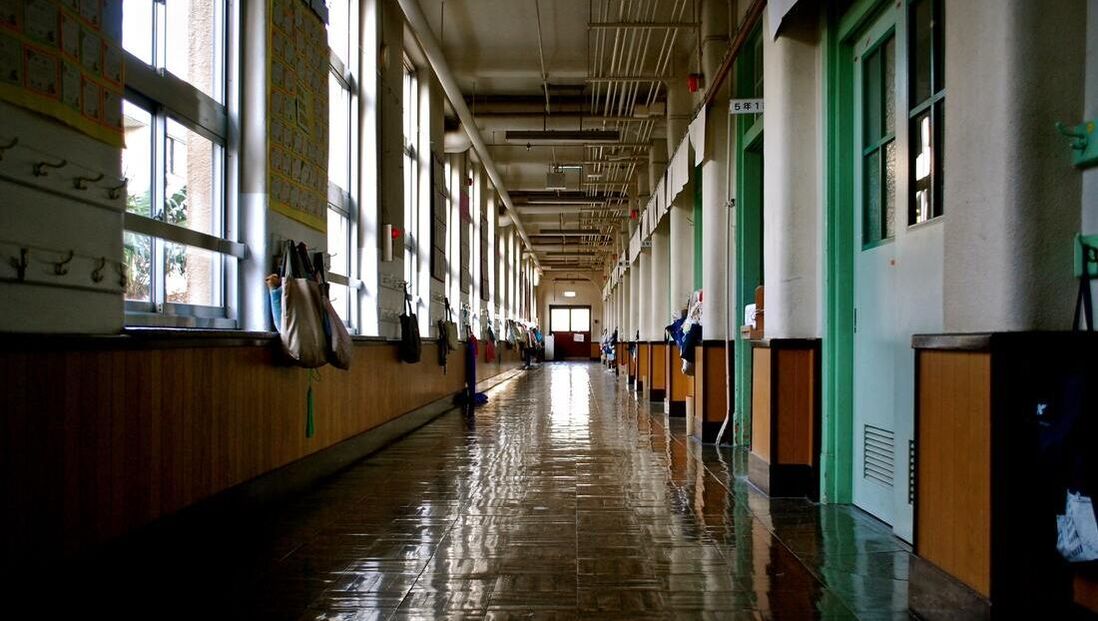|
Educating children in the fundamentals is essential to the full expression of the First Amendment. As a Texas statesman said, “a cultivated mind is the guardian genius of democracy.”
For 3.4 million American students, charter schools provide a quality alternative to failing public schools. For minority and low-income communities, charter schools are a lifeline for children to escape from intergenerational poverty to success. A Harvard study on changes in student performance on the National Assessment of Educational Progress from 2005 through 2017 reported that black eighth graders at charter schools were six months ahead of their district public school peers. Why then, is the U.S. Department of Education proposing rules that would alter the purpose of the Charter Schools Programs (CSP), designed by Congress to support the creation of new charter schools, replicate the highest-quality schools, and share information about best practices? If the federal agency gets its way, that lifeline might be shortened, or cut altogether. An initiative from the department – described by the National Alliance for Public Charter Schools as “a sneak attack on charter schools” – would empower federal reviewers to ignore state and local decisions to authorize new public schools. During the Covid pandemic and the academic year of 2020-2021, 240,000 new students enrolled in charter schools, representing a seven percent growth rate from the previous year. The CSP-enabled growth is now endangered by a plethora of proposed federal rules that would choke off one of the bright spots in American education. “Make no mistake,” declares the Alliance, “this is a back-door attempt to prevent new charter schools from opening – contrary to the very purpose of the CSP.” On Thursday, a bipartisan group of U.S. Senators, led by Sens. Dianne Feinstein (D-CA), and Tim Scott, (R-SC), fired off a letter of protest to Education Secretary Miguel Cardona. “We are concerned that these requirements would make it difficult, if not impossible, for new public charter schools start-ups, and for high-performing public charter schools seeking to replicate or expand, to access CSP funding,” wrote the senators. “In addition, the proposed rule would add significant burdens and time to an already complex application process, with little time for technical assistance, particularly for the upcoming 2022 grant cycle.” Other signatories include: Senators Cory Booker, (D-NJ), Michael Bennet, (D-CO), Richard Burr (R-NC), Bill Cassidy (R-LA), and Marco Rubio (R-FL). Comments are closed.
|
Archives
June 2024
Categories
All
|
ABOUT |
ISSUES |
TAKE ACTION |



 RSS Feed
RSS Feed